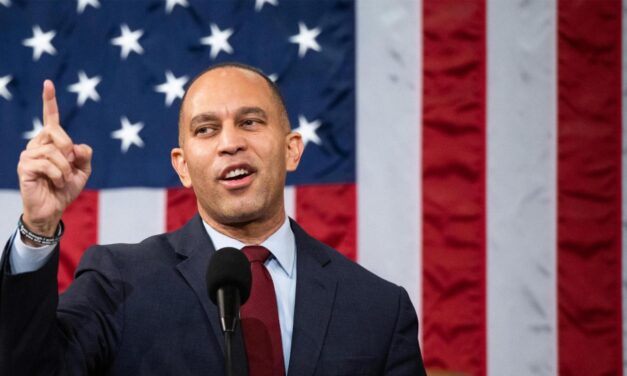Month: October 2023
Episode 5 of the Progress Pondcast Is Live
Posted by BooMan | Oct 25, 2023 |
Brendan and I recover from our colds and discuss the Republicans’ struggle to elect a new Speaker of the House.
Read MoreMidweek Cafe and Lounge, Volume 331
Posted by Don Durito | Oct 25, 2023 |
Howdy! Another midweek has arrived. I haven’t done an opening monologue post in a long time....
Read MoreIsrael is Being Tied Down By Its Allies
Posted by BooMan | Oct 24, 2023 |
Israel wants to invade Gaza but its international allies won’t allow it, at least for now.
Read MoreThey’re Not Blaming the Democrats Anymore
Posted by BooMan | Oct 23, 2023 |
The media seems to have forgotten the narrative that the House Democrats have a responsibility to rescue the GOP from their dysfunction.
Read MoreRecent Posts
- Day 14: Louisiana Senator Approvingly Compares Trump to Stalin
- Day 13: Elon Musk Flexes His Muscles
- Day 12: While Elon Musk Takes Over, We Podcast With Driftglass and Blue Gal
- Day 11: Harm of Fascist Regime’s Foreign Aid Freeze Comes Into View
- Day 10: The Fascist Regime Blames a Plane Crash on Nonwhite People




